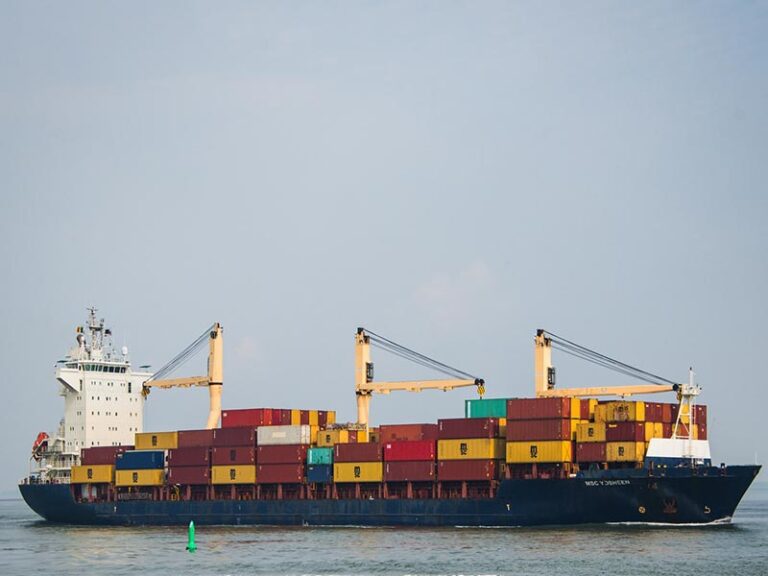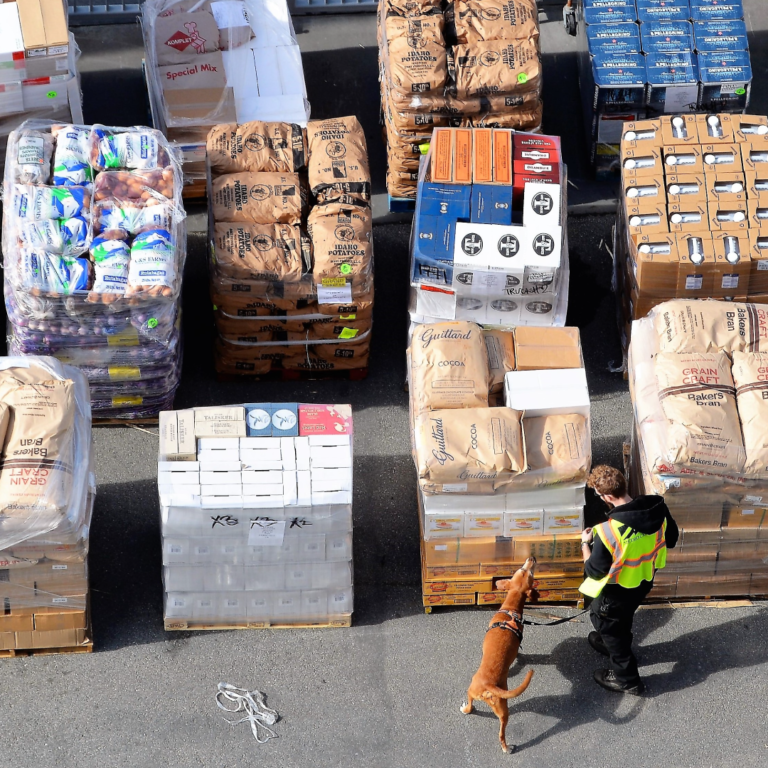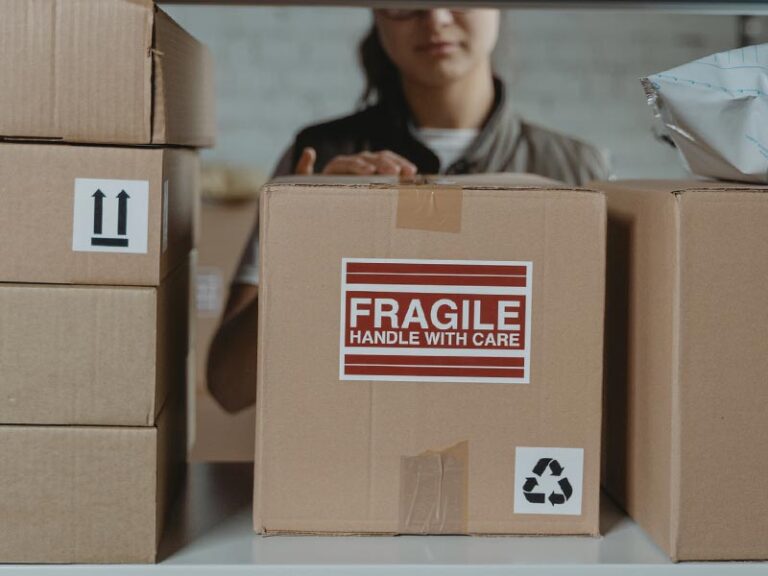
Setting up your own business in import-export can be a daunting task, even for those with some prior experience in the field. There are many aspects to it: establishing a shipping company, getting transport permits and licenses, setting up an accounting system, and more. Many newbie business owners don’t know where to begin. But if you’re determined to succeed in import-export, there are ways to break down complex and overwhelming tasks into smaller and manageable ones.
Fortunately, setting up an import/export business is much easier nowadays compared to the past, because of the development of modern technology. There are a lot of tools and mediums of communication that can be used to establish your brand and presence as a logistics company. It’s only a matter of when and how to go beyond that.
Even though the technology is accessible, it’s still a necessity to learn how logistics works and what you need to prepare before executing your business plan.
If you are a businessman and wondering whether to set up an import and export business, then you are at the right place. In this article, we’re going to help you by giving you 6 tips to consider before starting your own import/export business.
5 Tips Before Starting Your Import/Export Business
Consider What Products Are You Going To Import/Export
-
Since import/export trades will majorly revolve around what type and kind of products will determine the success of your business, think carefully of what will be your product that will be traded around the globe. Once you already have one, ask these questions to yourself: 1. Do people love to buy this product? 2. Do I know how to sell it properly to my customers? You must know how your product works around what customers want and how you will deliver it to them. It’s a key factor in your business knowing these answers will determine whether or not you will be investing in them for your company’s sales.
Find The Right Supplier
Right after you’ve stated the product that you will be trading, you must find the right supplier for your production lines. It’s important to know where you should source all of your products as it’s one of the key factors in maintaining your import/export business. You will also need to know the right terms and price when you partner up with suppliers. But, where do you find your suppliers? On the web. Social media sites such as LinkedIn and Facebook can be used to help your search for a supplier. Join niche groups, type the correct keywords, and connect with people to utilize social media to help your search. A lot of tools are already available and in place for you to find the right supplier. It’s only a matter of being proactive or communicating with different groups and people.
Know What Your Target Market Will Be
You’ve already found your supplier and know your product, the next problem you’re going to have to solve is what will be your target market? Finding people who would want to buy your product. A great way to make your import/export life easier is by setting up your trade with a popular industry such as e-commerce. Ecommerce is a large industry, so your products will fit right in whether it’s a mobile phone, toys, car accessories, or even mechanical appliances. On the other hand, you can always ask for your friend’s or family’s comments and feedback on your sample products. Let them try it so that you have an understanding if it’s effective or not. You can also form FGDs to discuss the pros and cons of your products. Moreover, you can ask the help of your neighbors to try it and see if they will like it.
Start And Develop An Online Presence
In this digital age, every business needs to have a web or social media presence so that they are easily visible and have better services to offer people such as convenience and 24/7 customer support. Take advantage and set up accounts on different platforms so that you extend your reach and presence to your current customers and even to prospects. Also, creating a website will dramatically increase your presence as it’s fully customizable and personalized, making it unique and interesting to your viewers when they visit it. But most importantly, since you’re on the web, customers will expect fast and prompt responses to their queries so it’s worth remembering to always give responses to customer feedback and concerns to build a community from loyalty and relationships; moreover that your business will be an import/export trade, give full emphasis on your customer’s needs and wants from your company.
Build Strong Networking Relationships
In a global trading business, it’s important to have as many connections as you can that can help you with your logistics and operational concerns. Your network can help you with your problems, changes, and any technical issues that you might encounter along the way of your trade. With a lot of complexity and challenges that might occur in a supply chain industry, you need to be ready to take action in solving these problems, one of which is outsourcing certain parts of your business to other companies, such as freight forwarders. Freight forwarders will help you with a little bit of everything; problems in shipment, customs clearances, documentation, and even your systems and processes. Knowing who to connect and build a strong working relationship with will lighten the load on your shoulders. You must keep reaching out to potential partners and service providers so that you already know who to contact with a specific problem.
Conclusion
Starting a business in the import/export industry will be daunting and challenging, but once you’ve taken into consideration what products you will be offering to your customers and how you will get them to them, then you can perform and start executing your plans and strategies in growing your business. However, in running your business, challenges and complex problems are normal in a supply chain industry. You must understand how your business works so that you can immediately address any problems that might occur. A strong networking pool should also be a priority of your business since they can figure out how to properly fix any recurring problems inside your operations and systems.
Always be proactive in looking for the best methods, partners, and prices for your import/export business so that you will be able to stay ahead of the competition. If you haven’t found a reliable freight forwarding company to ship your imported and exported goods, then Dash Cargo can be the partner for you! With our cutting-edge systems, logistical expertise, and reliable freights, we will make sure that your products get delivered on time and maintain their quality for your business to achieve maximum revenue and profit.



